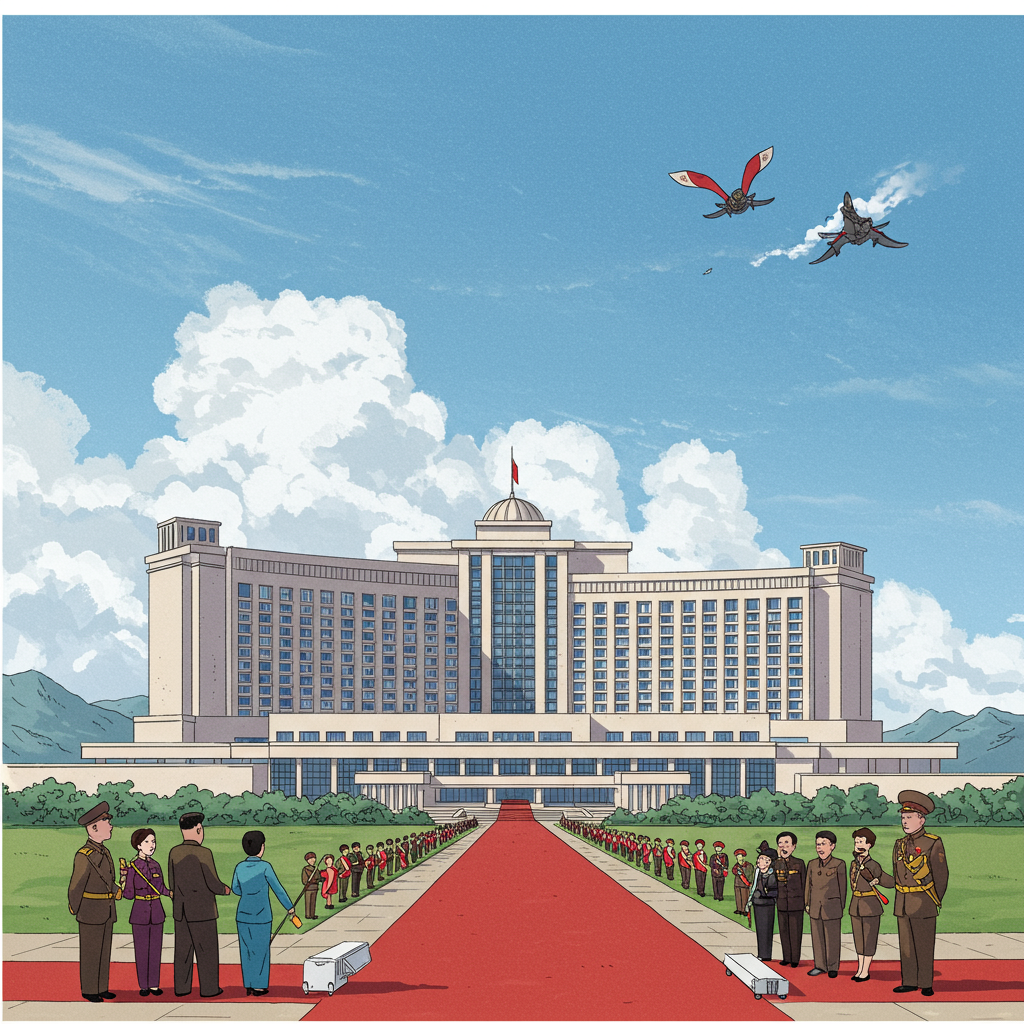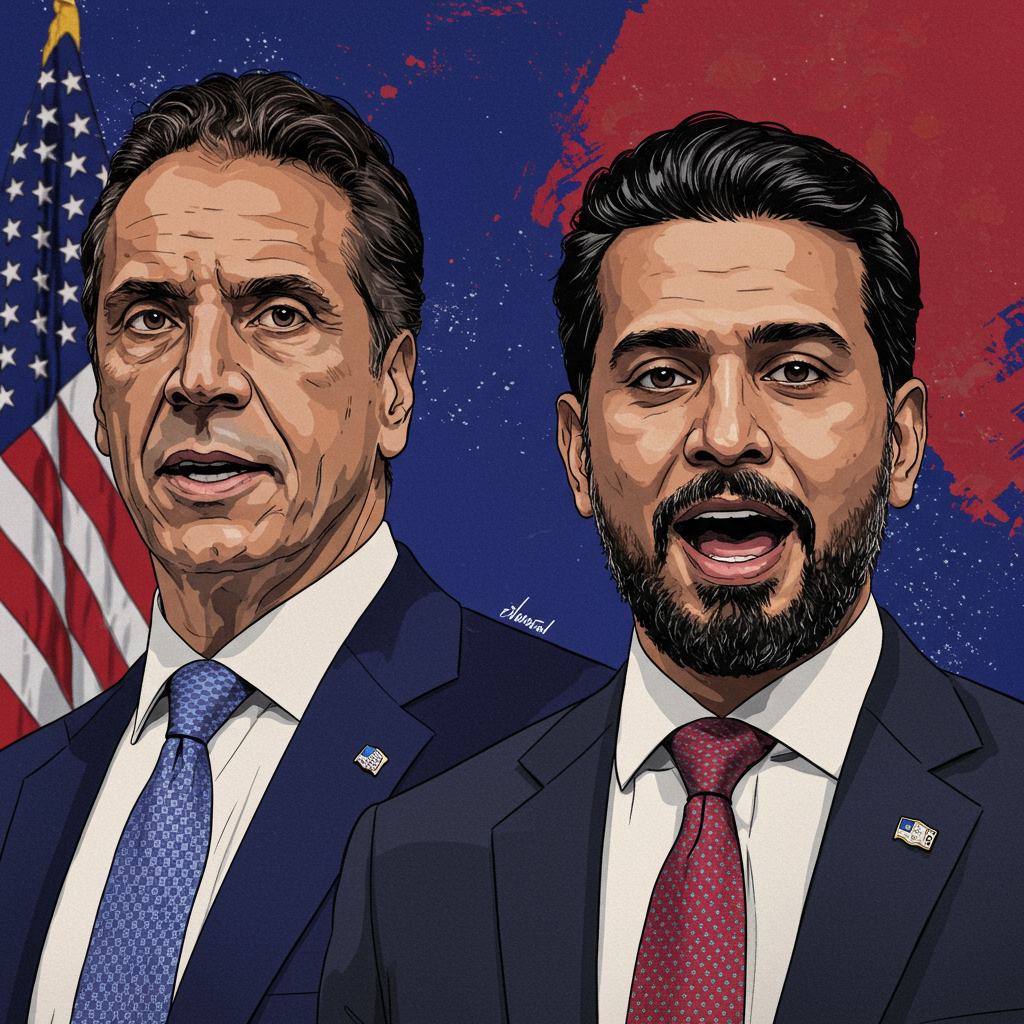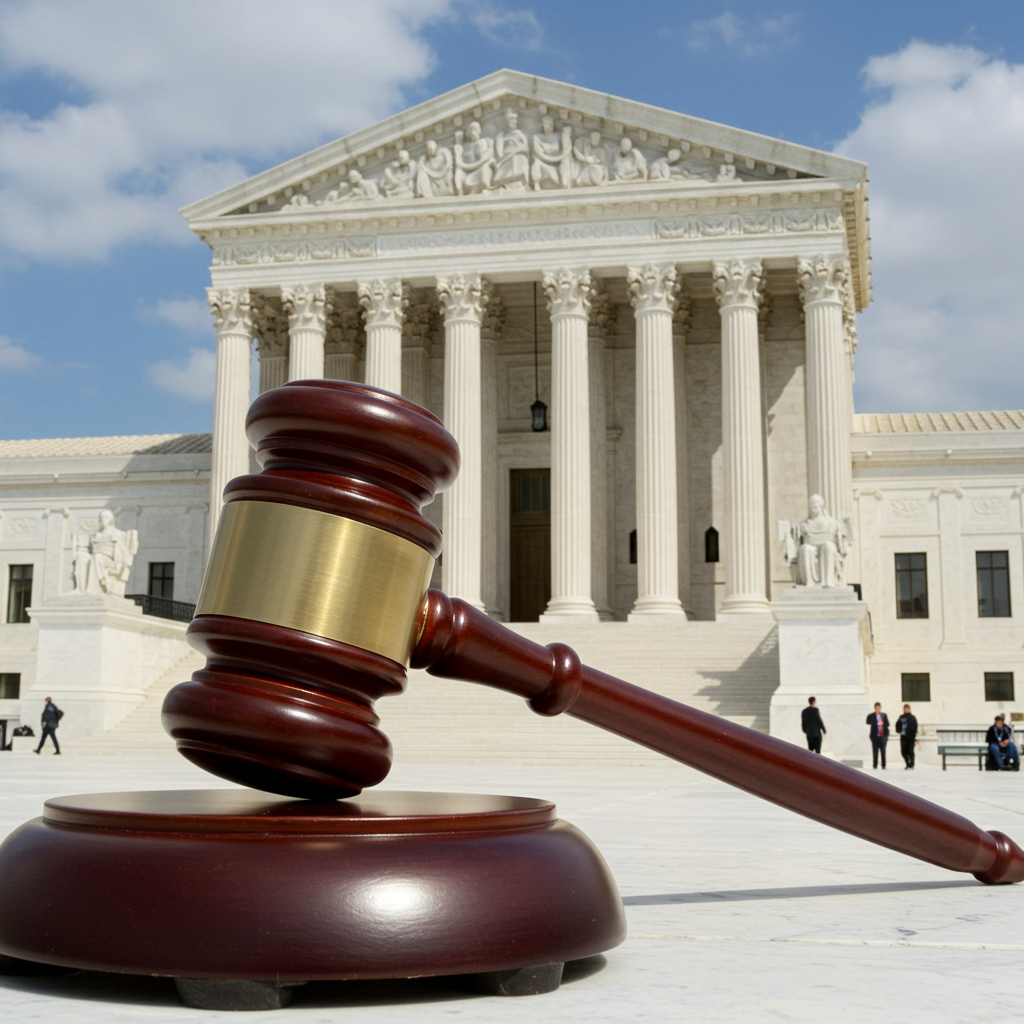North Korea has officially opened the ambitious Wonsan-Kalma coastal tourist zone, a sprawling resort project championed by leader Kim Jong Un as a pivotal step towards boosting the country’s isolated economy through tourism. Situated along a four-kilometre stretch of beach on the east coast near Wonsan, the complex includes hotels, restaurants, shopping centres, and a water park, designed to potentially accommodate up to 20,000 visitors annually.
The project, which began construction in 2018 and was initially slated for completion in 2019, faced significant delays attributed to various factors including construction challenges, international sanctions impacting material supplies, and the country’s strict border closures enacted in response to the COVID-19 pandemic.
A “Proud First Step” Towards Tourism
State media reports hailed the completion as a major achievement, with Kim Jong Un reportedly attending the ceremonial opening alongside his wife, Ri Sol Ju, and daughter, Kim Ju Ae, who is seen by many as his potential successor. Kim is said to have described the Wonsan-Kalma zone as “one of the greatest successes this year” and a “proud first step” in North Korea’s tourism drive, aiming to elevate its appeal on a “world-level” scale.
While the official opening for domestic visitors is scheduled for July 1st, the timeline for welcoming international tourists remains largely uncertain. North Korea has maintained a tight grip on its borders since 2020, severely restricting foreign entry.
Focus on Domestic and Russian Visitors
Current indications suggest the resort will initially cater to North Korean citizens. However, the presence of Russian Ambassador Alexander Matsegora at the opening ceremony and recent reports of a direct train route resuming between Pyongyang and Moscow point towards Russian visitors being potential early international guests. Analysts believe that as ties deepen between North Korea and Russia, potentially involving North Korean personnel supporting Russia in Ukraine, Moscow may become a key partner in Pyongyang’s tourism ventures, possibly offering some buffer against international economic restrictions.
Experts note that welcoming Russian tourists aligns with North Korea’s strategy of controlled engagement and leveraging relationships with key allies, especially given the limited avenues for generating foreign currency under sanctions.
Uncertainty for Broader International Access
Despite the grand opening, skepticism remains within the international travel industry regarding a swift return to pre-pandemic levels of foreign tourism, particularly from Western nations and, crucially, China, which accounted for over 90% of visitors before 2020. Although North Korea briefly permitted small groups of Western and Chinese tourists in early 2025 after partially reopening to Russians in February 2024, these limited windows reportedly closed again without explanation.
While the Wonsan-Kalma resort represents a substantial investment in infrastructure, some tour operators believe traditional sites like Pyongyang and the Demilitarized Zone (DMZ) may remain the primary draws for most international visitors when broader access eventually resumes. Others find the prospect of experiencing a state-controlled beach resort intriguing in its unique cultural context.
Ultimately, the opening of the Wonsan-Kalma resort underscores North Korea’s strategic focus on developing tourism as a potential economic lifeline. However, the path to attracting significant international visitors remains constrained by lingering border restrictions, global perceptions, and geopolitical factors, leaving the full impact of this “new era” for North Korean tourism yet to be seen.




